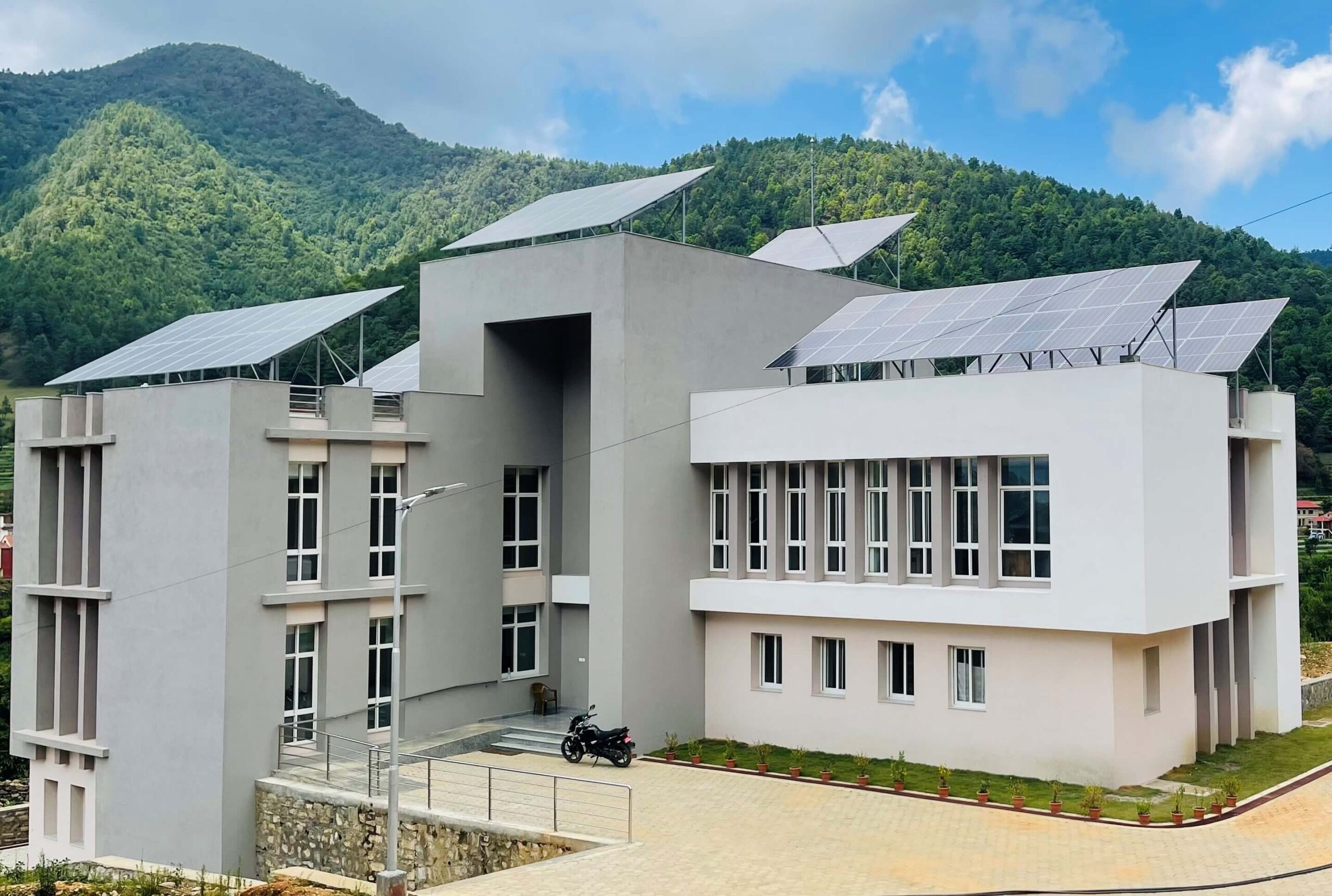MBUST Development Board Established
The MBUST Development Board was established by the Government of Nepal.
In one of the poorest and least developed countries in Asia, a significant educational program has been built to launch a world-class science and technology university. Audacious, and one could say it is even implausible, yet, it is moving forward and beginning to gain prominence and support, not just in the home country but internationally. Development efforts are driven by Prof. Rajendra Dhoj Joshi, a Nepali who passionately believes such a university can play a pivotal role in building a prosperous and equitable Nepal. The university aims to produce graduates and research outputs that will give a technological edge to Nepal’s industries and agriculture, as well as help the country respond to the challenges of climate changeThe university is based on three core ideas.

Although the university is government-funded, the university leadership is keenly aware that the government’s ability to provide adequate funding for a world-class university is limited. Therefore, from the outset, the university is making every effort to raise funds from donors, both in Nepal and internationally.
Prof. Joshi combines experiences in teaching/research (he holds a Ph.D. in electrical engineering), management of an institute of engineering, and a career at the World Bank as an education expert. After his retirement from the World Bank, opportunities came his way to lead an effort to establish a new university of science and technology in his country. In each case, he was uncompromising on the issue of a transparent and independent governance structure. It took him nearly 7 years to convince the political leaders that such a governance structure was essential. Finally, in August 2022, the Madan Bhandari University of Science and Technology (MBUST) Act was promulgated to establish a university under an independent Board of Trustees. It was an unprecedented structure in Nepali public institutions, something few people thought possible.
Although the university is government-funded, the university leadership is keenly aware that the government’s ability to provide adequate funding for a world-class university is limited. Therefore, from the outset, the university is making every effort to raise funds from donors, both in Nepal and internationally.
The educational and research programs are developed in close consultations with industrialists, farmers, and those who are dealing with climate change and other societal issues. This ensures the high degree of relevance of the university to the real-world problems of Nepal. The motto of the University is to produce “job creators” than “job seekers”. This should help to ensure that the graduates will be in high demand in Nepal, thereby minimizing brain drain. The university programs will include entrepreneurship development for those who aspire to start their own businesses in Nepal. It is another important way for Nepal to get maximum benefits from the investment in high-quality education, something many consider to be an “unaffordable luxury” for a poor country like Nepal.
The MBUST plans to follow a problem-based learning approach. In cooperation and collaboration with enterprises and the community, students will be exposed to real-life problems right from the beginning. Students will be encouraged to choose problems they want to work on, and they will be allowed to use a customized curriculum to match the problems they have selected. The planned incubation center will assist them in developing prototypes of products.
With initial funding from the Government of Nepal, the university has constructed several buildings for graduate education and research on its campus in Chitlang, a hill town to the south of Kathmandu.
Unlike most other new universities, MBUST will begin with Masters and PhD programs first, and then expand to undergraduate programs. This approach has been adopted so that the university can prioritize producing graduates and research results solving technological and climate change problems faced by various industries within Nepal immediately.